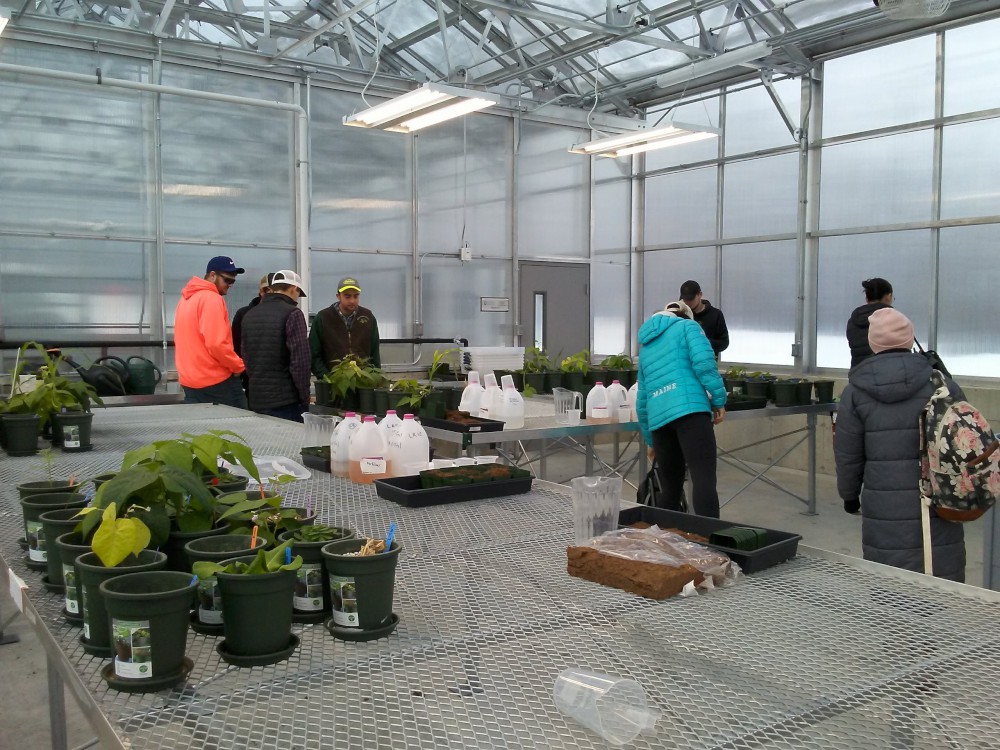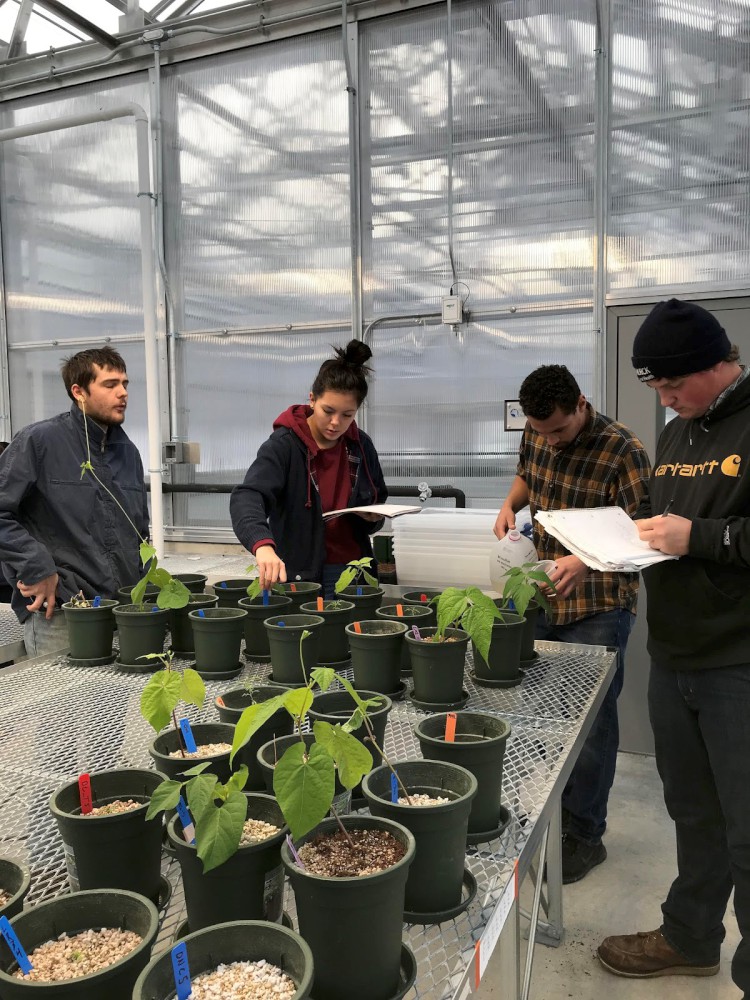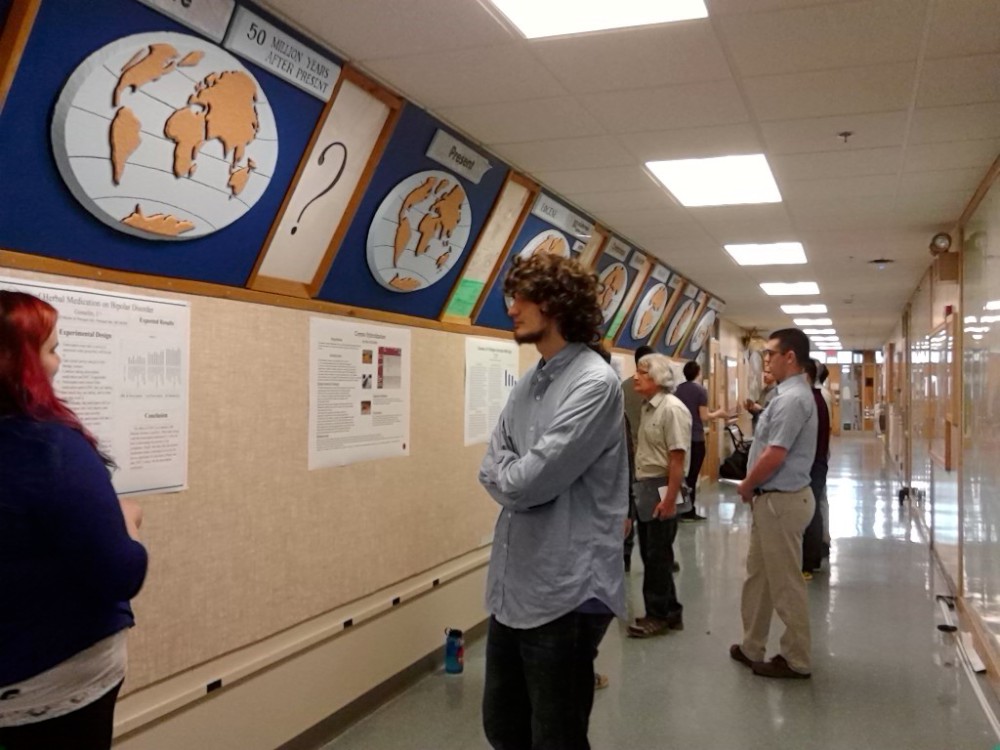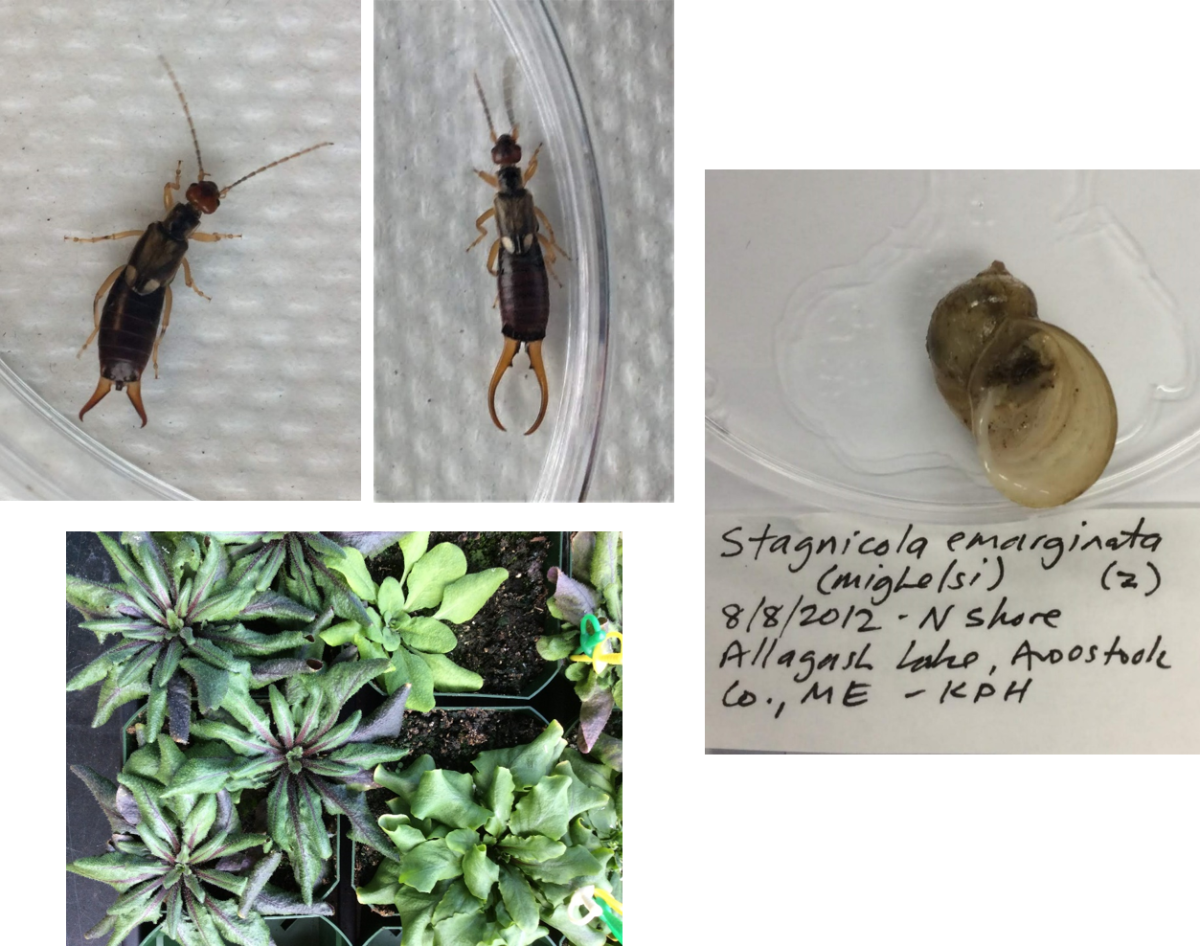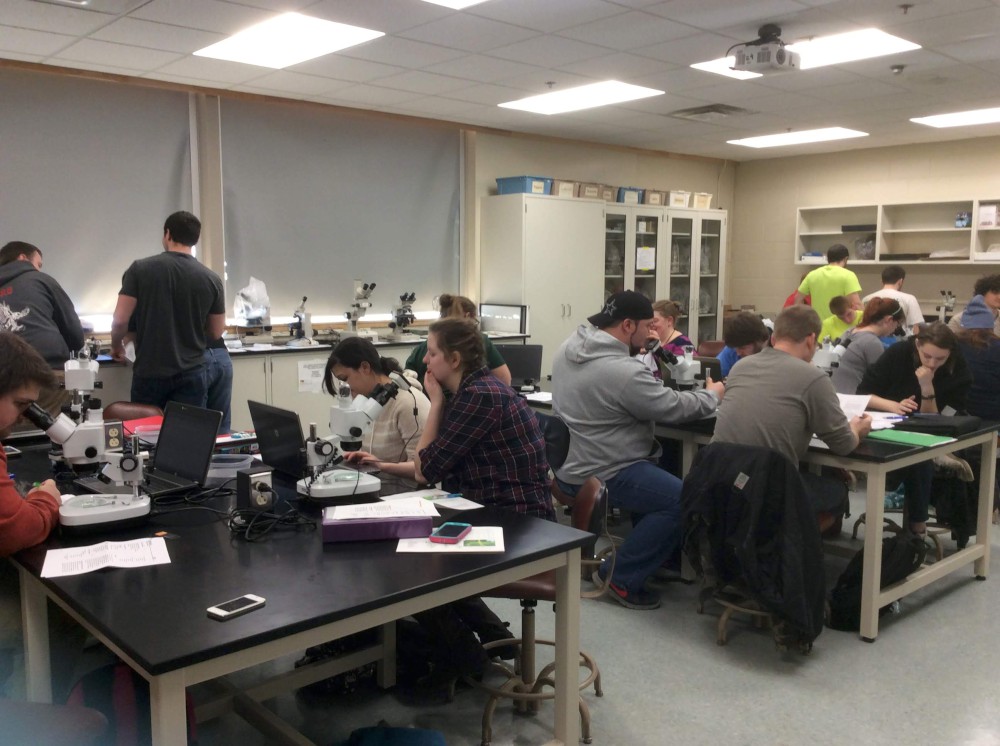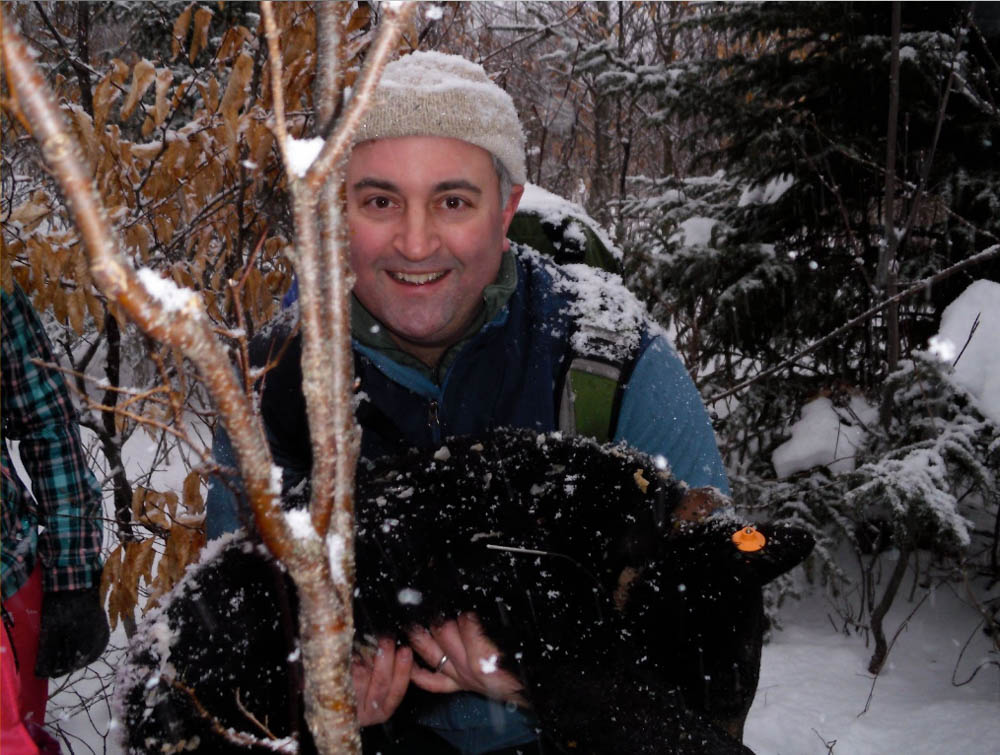Our world faces immense environmental challenges–from climate change and the loss of biodiversity to the effects of air and water pollution and the management of our natural resources. And there are no easy solutions. The development and protection of a healthy environment demands an understanding of these challenges and a comprehensive knowledge of our natural world. That’s why our program is dedicated to preparing the future planners, leaders, and researchers essential to addressing our global and local needs, in government and industry, both nationally and internationally. Through an emphasis on field work, research activities, and special seminars, you’ll get the knowledge and experiences necessary to provide this leadership in critical thinking, problem solving, and responsible global citizenship. You’re also in luck: jobs related to the environmental sector are among the fastest growing occupations in the U.S. So, go ahead; change the world with a degree in Environmental Science and Sustainability.
Program Highlights
Welcome to Our Program
Our location provides ready access to more than five million acres of the great North Maine Woods, meaning we have the best field laboratory nature could offer right in our backyard.
X Marks the Spot
You’ll be helping the local community as you learn about Geographic Information Systems. Our unique GIS Certificate offering allows students to work on real GIS projects to earn hands-on experience with the technology.
Unique UMPI Benefits
UMPI faculty connect students with unique professional experiences and networking opportunities, from regional meetings to state conferences.
Not Your Typical Lab Equipment
With two solar arrays and a biomass boiler system, we have many renewable energy sources on campus that serve double duty as great opportunities for research and learning.
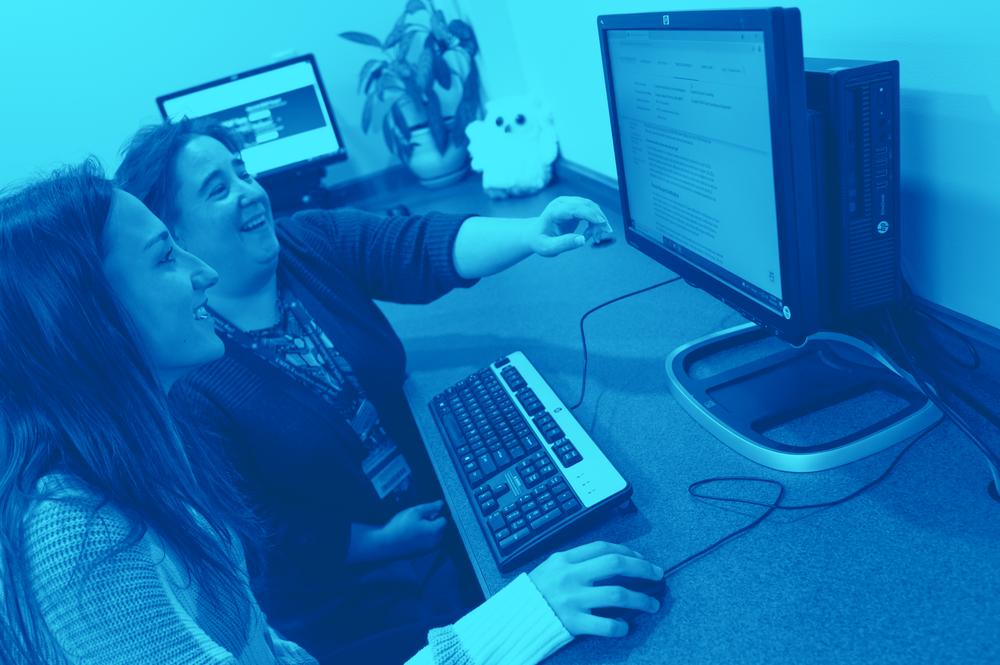
EXPECT generous scholarships
Welcome to Our Program
If you’re looking for an Environmental Science program that gets you out into the field, look no further than UMPI’s Environmental Science and Sustainability program. Northern Maine has plenty of wilderness to explore and our faculty frequently leverage our pristine fields, woods, and waters to provide students with the most unique outdoor research labs imaginable.
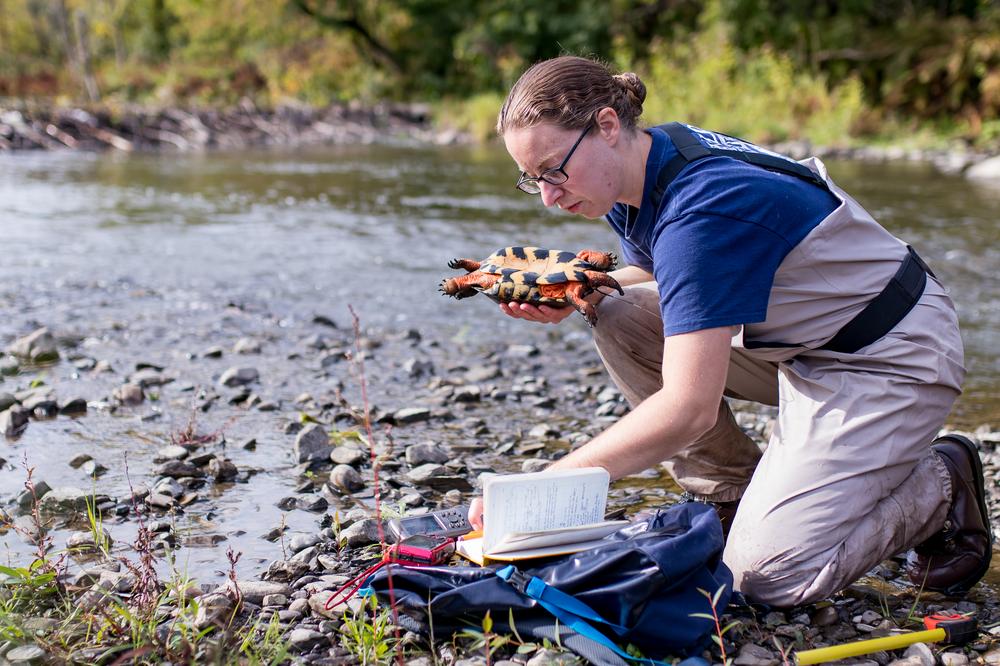
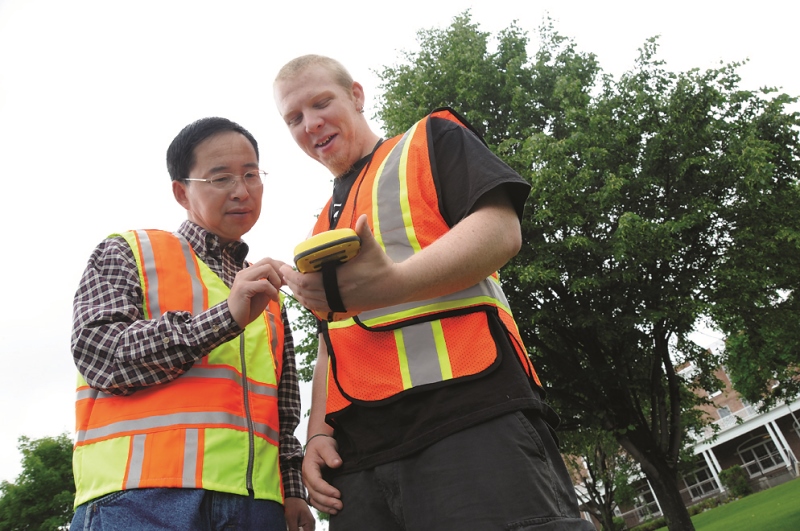
X Marks the Spot
Over the years, our students have conducted GIS projects that have benefited many local municipalities and community organizations. Students get hands-on, out in the field experience using cutting edge technology, enjoy access to UMPI’s state-of-the-art GIS lab, and are able to add projects with real community impact to their resumes.
EXPECT an education tailored to your needs
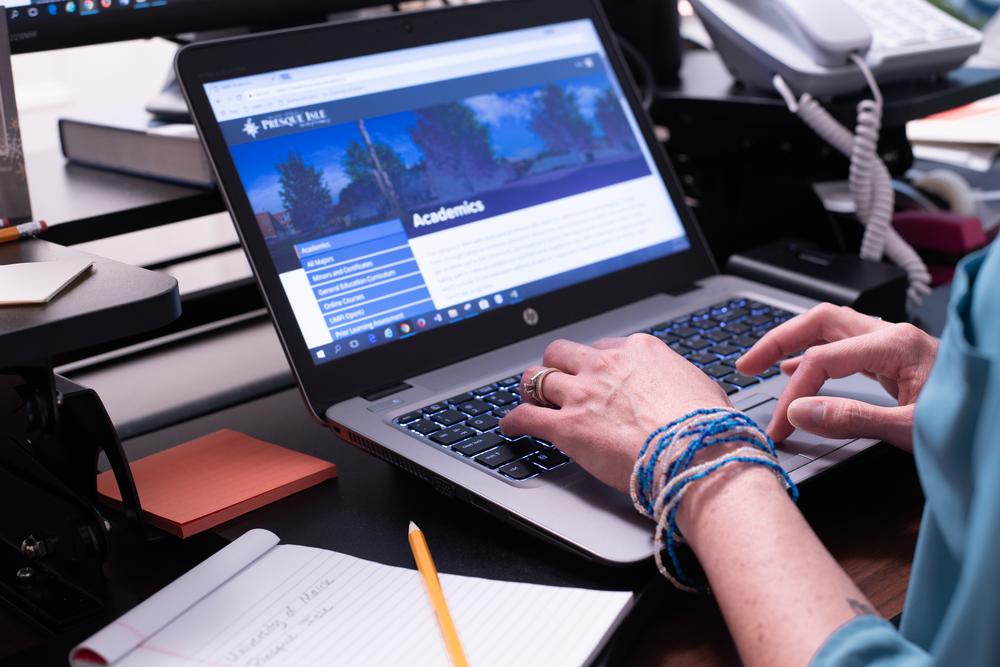
Unique UMPI Benefits
Whether it’s attending statewide events for undergraduate students to share poster presentations or participating in field trips as part of the New England Intercollegiate Geological Conference, there are exciting opportunities for UMPI students to experience professional activities in a wide range of areas within Environmental Science.
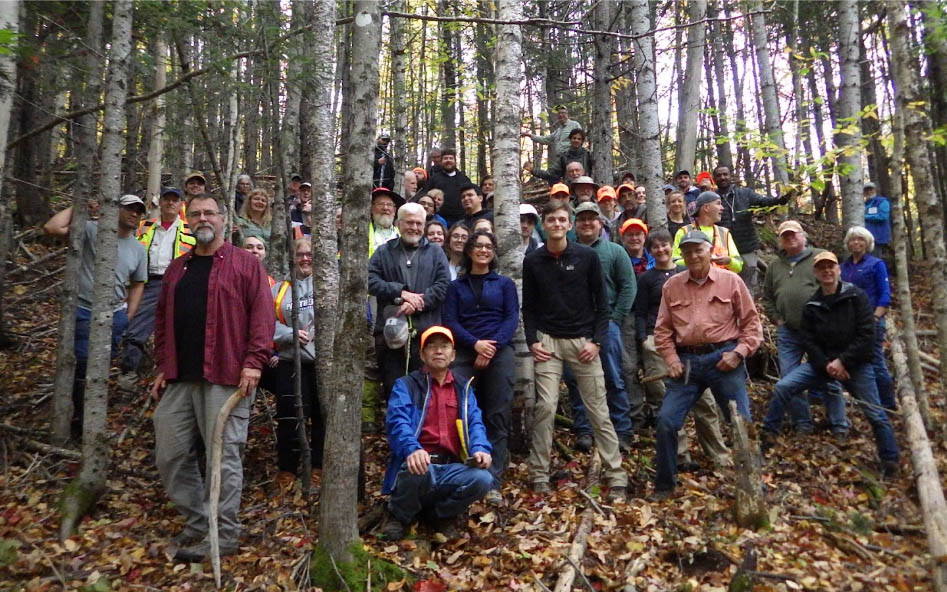
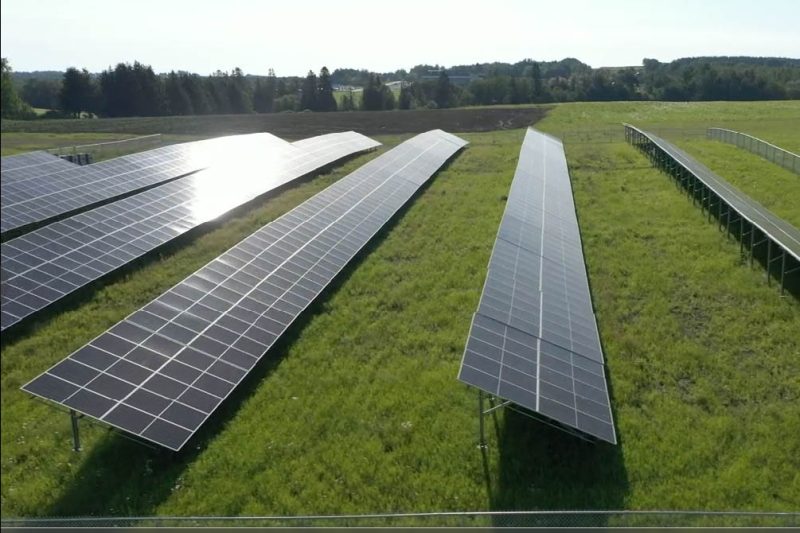
Not Your Typical Lab Equipment
At UMPI, we take advantage of every possible learning opportunity, which means incorporating the renewable energy sources located right here on campus into our classroom activities and research projects.
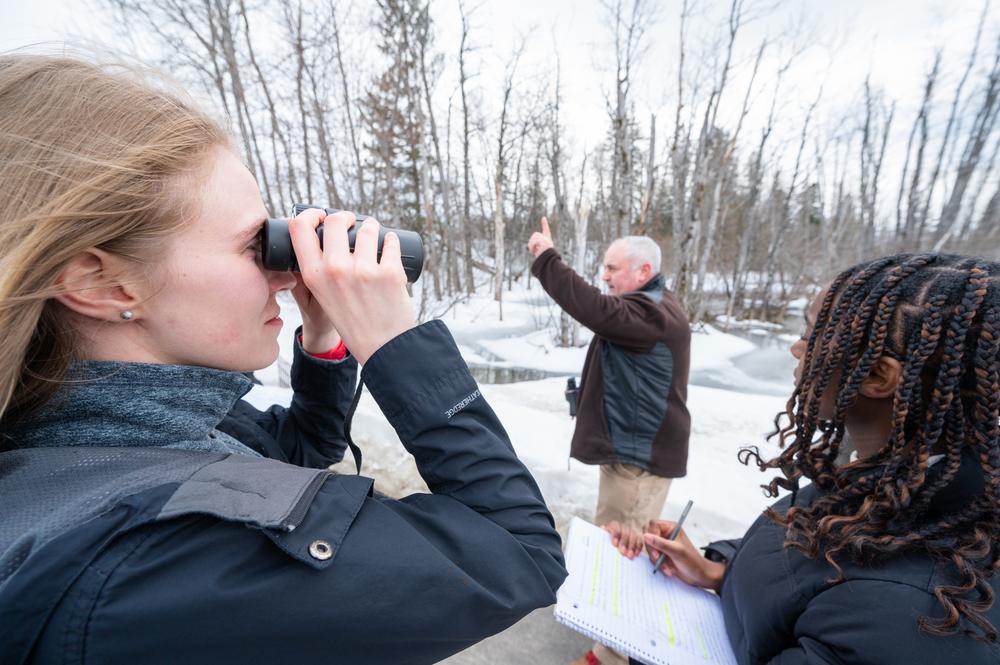
Research with Professionals
One of the main strengths of the Environmental Science and Sustainability Program at UMPI is the opportunity for undergraduates to participate in research experiences, both in the lab and in the field. Students can work as work-study students or paid assistants on faculty research projects, or they can take Independent Study courses or volunteer as well. UMPI faculty are all conducting research projects and undergraduates are encouraged to participate. UMPI also has other special opportunities in the state and beyond.
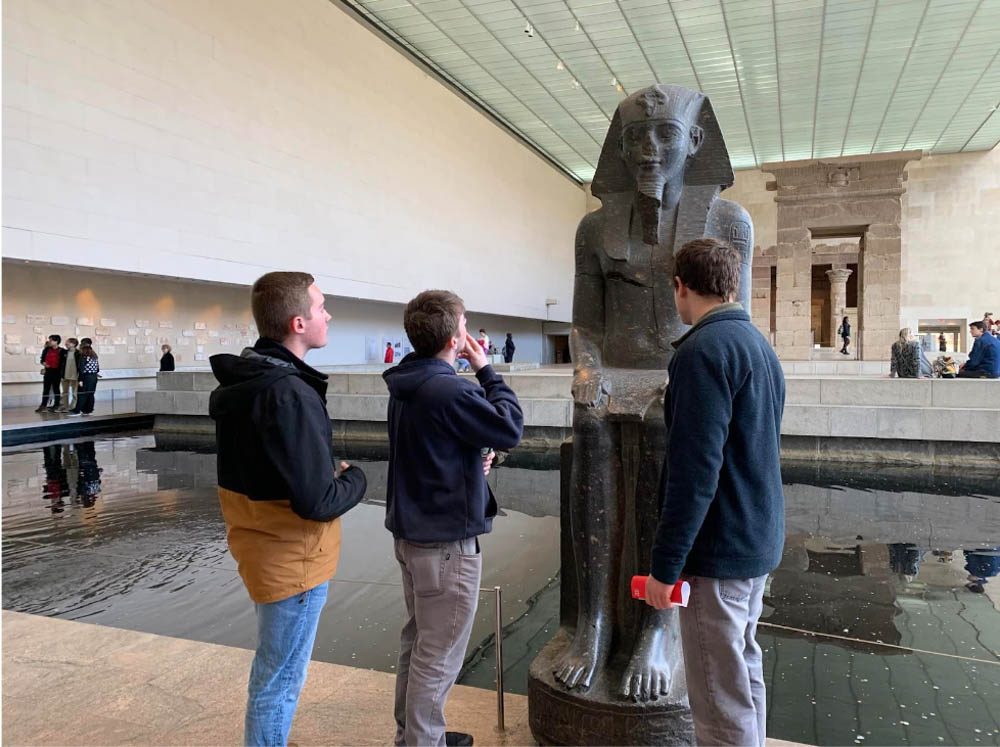
See the World
Ready to explore the natural world and uncover the geology all around you? The GeoEnv Club meets every Thursday at 12 p.m. in the Geology Laboratory, Folsom 302. (Email club officers for accurate meeting schedules). Dr. Chunzeng Wang serves as the adviser for the Club.
Seminar Series
Our program partners with the Environmental Science and Sustainability program to host the Science Lunchtime Seminar Series, an innovative way to explore the world of science. This series provides the campus and community with a forum to present scientific research conducted by UMPI students and faculty as well as other local and regional scientists.
Seminars generally are held during the academic year on select Thursdays from 12:15-1:30 p.m. in Folsom 201, UMPI’s GIS Lab. Faculty, students, staff and community members are welcome to attend these free events and are encouraged to bring their lunches and join the discussion. Look for dates and topics on the latest Seminar Series on the University’s News and Events page.
Testimonials
Areas of Study
Anthropology
About: People have studied human life, society and social relations for thousands of years. This area of study not only exposes students to fundamental anthropological concepts, but also allows them to explore those concepts through hands-on archaeological activities and research related to the indigenous people who once inhabited the northern Maine region.
Facilities: Folsom Hall classrooms; the great outdoors — professors have led students on archaeological digs throughout the Aroostook River Watershed area.
Chemistry
About: “Chemistry is the study of the interactions between matter and energy.” From organic chemistry to biochemistry, students will receive a well-rounded understanding of chemistry and its basic principles. They also will have the opportunity to put their knowledge into practice through in-depth laboratory activities.
Facilities: Chemistry Lab, Folsom Hall
Ecology
About: In studying living organisms and their relationship to each other and their environment, students will focus on everything from ecosystems to biodiversity, and develop a finer appreciation for the natural world around them. Going out in the field for this area of study is a given.
Facilities: Ecology Lab, Folsom Hall; West Campus Woods; fields on and surrounding campus; woods and fields of Aroostook County
Climate Change and Energy
About: Energy and Sustainability have fast become a top area of study at institutions across the country. Students will learn about fossil fuels, analyze the shift toward alternate energy sources, and explore the wide range of renewable energy options and emerging energy solutions for the planet.
Facilities: solar array at southern end of campus; solar panels and biomass boiler, Pullen Hall; Folsom Hall classrooms
Geology
About: Geology is the study of the Earth, the materials of which it is made, the structure of those materials, and the processes acting upon them. It includes the study of organisms that have inhabited our planet. An important part of geology is the study of how Earth’s materials, structures, processes and organisms have changed over time. Understanding of geological materials and processes help deal with geological hazards and impacts on human life.
Facilities: Geology Lab, Folsom Hall
GIS
About: This area of study focuses on learning the ins and outs of Geographic Information Systems and applying GPS technology in the use of those systems. In this area of study, GIS class work that benefit the community are a standard part of learning through real-world projects.
Facilities: GIS Lab, Folsom Hall
Anthropology
About: People have studied human life, society and social relations for thousands of years. This area of study not only exposes students to fundamental anthropological concepts, but also allows them to explore those concepts through hands-on archaeological activities and research related to the indigenous people who once inhabited the northern Maine region.
Facilities: Folsom Hall classrooms; the great outdoors — professors have led students on archaeological digs throughout the Aroostook River Watershed area.
Chemistry
About: “Chemistry is the study of the interactions between matter and energy.” From organic chemistry to biochemistry, students will receive a well-rounded understanding of chemistry and its basic principles. They also will have the opportunity to put their knowledge into practice through in-depth laboratory activities.
Facilities: Chemistry Lab, Folsom Hall
Ecology
About: In studying living organisms and their relationship to each other and their environment, students will focus on everything from ecosystems to biodiversity, and develop a finer appreciation for the natural world around them. Going out in the field for this area of study is a given.
Facilities: Ecology Lab, Folsom Hall; West Campus Woods; fields on and surrounding campus; woods and fields of Aroostook County
Climate Change and Energy
About: Energy and Sustainability have fast become a top area of study at institutions across the country. Students will learn about fossil fuels, analyze the shift toward alternate energy sources, and explore the wide range of renewable energy options and emerging energy solutions for the planet.
Facilities: solar array at southern end of campus; solar panels and biomass boiler, Pullen Hall; Folsom Hall classrooms
Geology
About: Geology is the study of the Earth, the materials of which it is made, the structure of those materials, and the processes acting upon them. It includes the study of organisms that have inhabited our planet. An important part of geology is the study of how Earth’s materials, structures, processes and organisms have changed over time. Understanding of geological materials and processes help deal with geological hazards and impacts on human life.
Facilities: Geology Lab, Folsom Hall
GIS
About: This area of study focuses on learning the ins and outs of Geographic Information Systems and applying GPS technology in the use of those systems. In this area of study, GIS class work that benefit the community are a standard part of learning through real-world projects.
Facilities: GIS Lab, Folsom Hall
Facilities and Field Sites
Folsom Science Laboratories
Folsom Hall houses the science laboratories on the UMPI campus. The Environmental Science department has a GIS lab with wide-format plotter, a Soil Science and Geology lab, a Chemistry lab, as well as several research laboratory spaces. There are also multiple biology labs for working with wildlife or DNA. Equipment includes drones, GPS units, ground-penetrating radar, and other technology.
Zillman Family Greenhouse
UMPI has a new state-of-the-art greenhouse that is utilized by science-focused programs for classroom instruction and research. Three large climate-controlled rooms allow for multiple projects and classroom laboratory experiences in plant biology and agriculture.
Faculty
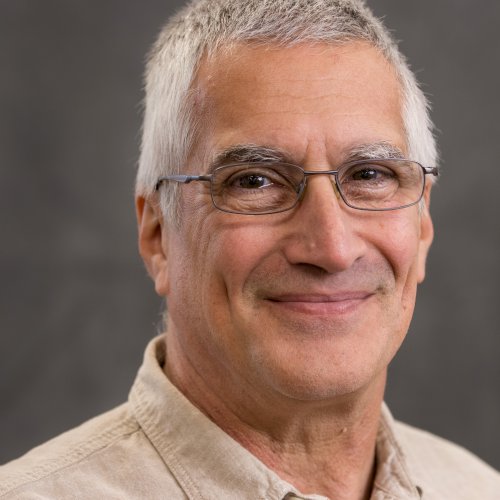
Larry Feinstein
- Location
- 308 South Hall
- Phone
- (207) 768-9498
- larry.feinstein@maine.edu

Udaya Jayasundara
- Location
- 307 South Hall
- Phone
- (207) 768-9483
- udaya.jayasundara@maine.edu
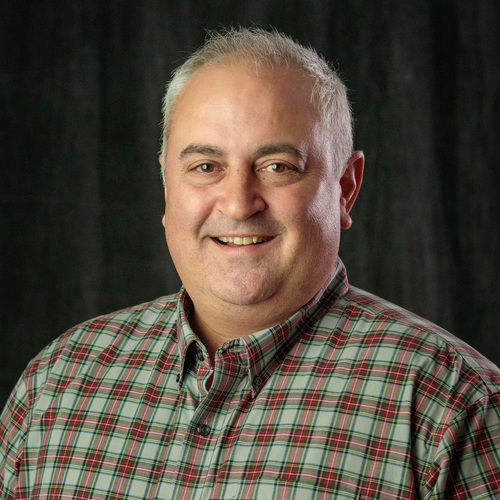
Jason C Johnston
- Location
- 315 South Hall
- Phone
- (207) 768-9652
- jason.johnston@maine.edu
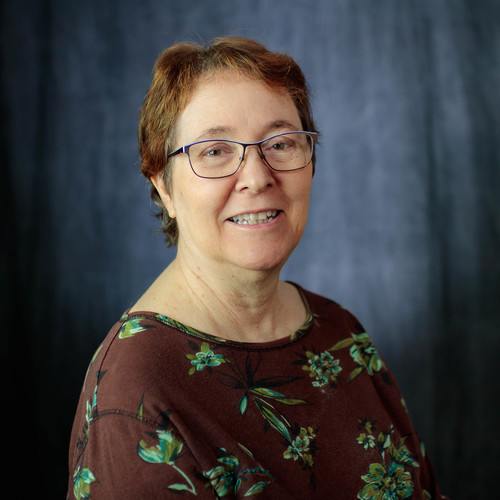
Judith Ladd Roe
- Location
- 316 South Hall
- Phone
- (207) 768-9446
- judith.roe@maine.edu
Matthew Wallhead
Dr. Robert Vinton Akeley Chair of Agricultural Science and Agribusiness
- Location
- South 307
- matthew.wallhead@maine.edu
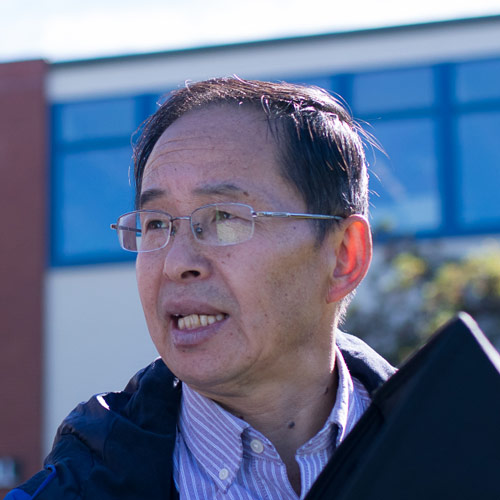
Chunzeng Wang
- Location
- 306 South Hall
- Phone
- (207) 768-9412
- chunzeng.wang@maine.edu
Other Important Links

EXPECT to Finish in Four
Environmental Science and Sustainability Program Offerings
If you’re interested in exploring a degree in Agriculture, check out our Agricultural Science & Agribusiness degree.
What can you do with an Environmental Studies: Minor?
Next Step: Admissions
We’re so excited that you’re considering the University of Maine at Presque Isle! As a student at UMPI, we want your experience to be anything but ordinary! So what makes UMPI extraordinary? Our Learning Environment, Our Student Engagement and Our Location!
No matter what stage of life you are in, we can help you take the plunge into higher education and put you on YOUR PATH TO SUCCESS!
